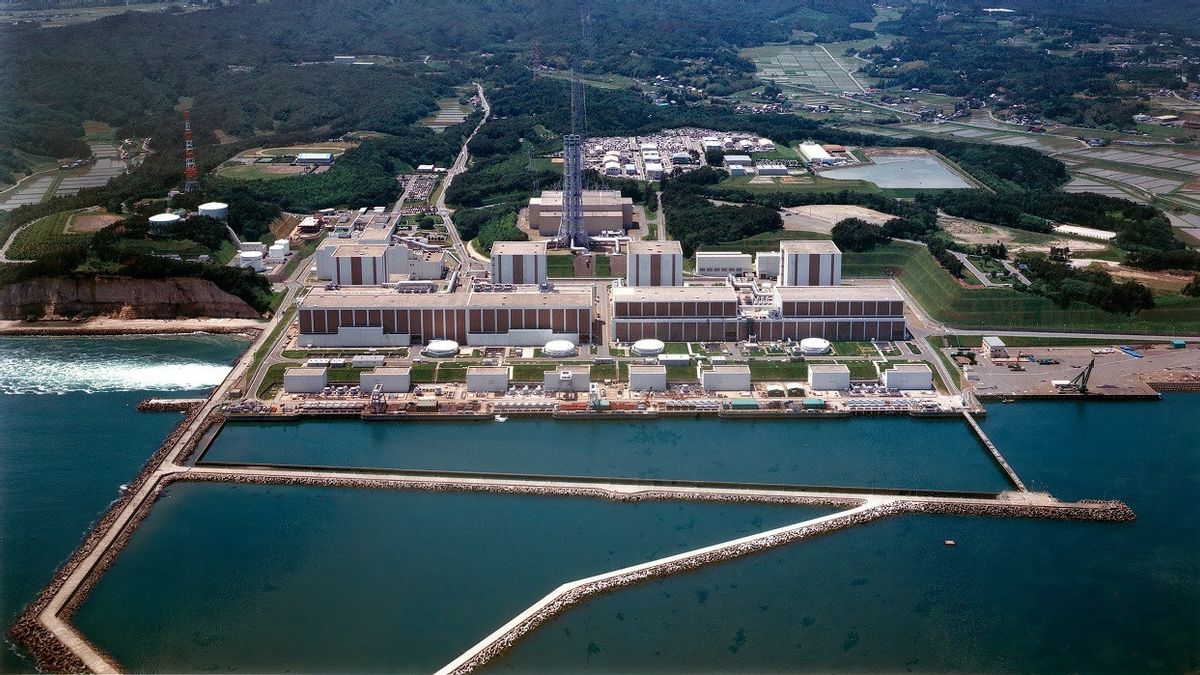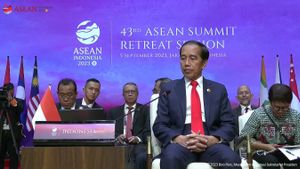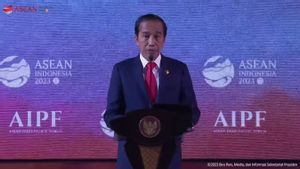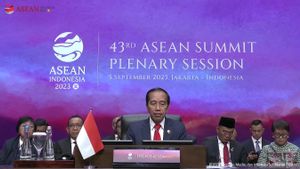JAKARTA - China rejected Japan's proposal to join an international verification team to assess the results of monitoring the level of radiation in processed water released into the sea from the paralyzed Fukushima Nuclear Power Plant, a source with knowledge of this said on Tuesday.
China is known to firmly oppose the disposal of wastewater that has been processed into the sea, prohibiting all imports of seafood products from Japan since the policy began at the end of last August.
Beijing has also ignored Tokyo's proposal to conduct a science-based dialogue involving experts on the matter, Japanese officials said, according to Kyodo News September 5.
In this framework, participating countries will compare, analyze and evaluate the results of monitoring carried out by the Japanese government and the International Atomic Energy Agency (IAEA), against sea water off the coast of Fukushima Prefecture, northeast of Japan.
To ensure the objectivity of international evaluation, Japan does not participate in the framework.
The research institute participating in this framework was selected by entities linked to the IAEA, which currently involve institutions from the United States, France, Switzerland, and South Korea.
Since the beginning of this year, Tokyo has repeatedly asked Beijing through diplomatic channels to participate in monitoring efforts. However, the request was rejected by China on the grounds that the framework "does not guarantee" an independent analysis of the released water, the source said.
Japanese government sources said China most likely believed that joining the framework "is tantamount to supporting the disposal of waste into the sea."
اقرأ أيضا:
It is known, before being disposed of gradually, the radioactive waste water of PLTN Fukushima had undergone a processing process that removed most of the radionuclides except for tritium. Before being dumped into the sea, the residual radioactive matter was diluted well below the permitted concentrations based on Japanese safety standards.
Tritium is known to be less harmful to human health, compared to other radioactive materials such as cesium and strontium, because it emits radiation that is very weak and not accumulated in the body, experts say.
It is known that PLTN around the world routinely releases processed water containing tritium and other radionuclides with low concentration on the environment, as part of normal operations, according to the IAEA.
The English, Chinese, Japanese, Arabic, and French versions are automatically generated by the AI. So there may still be inaccuracies in translating, please always see Indonesian as our main language. (system supported by DigitalSiber.id)


















